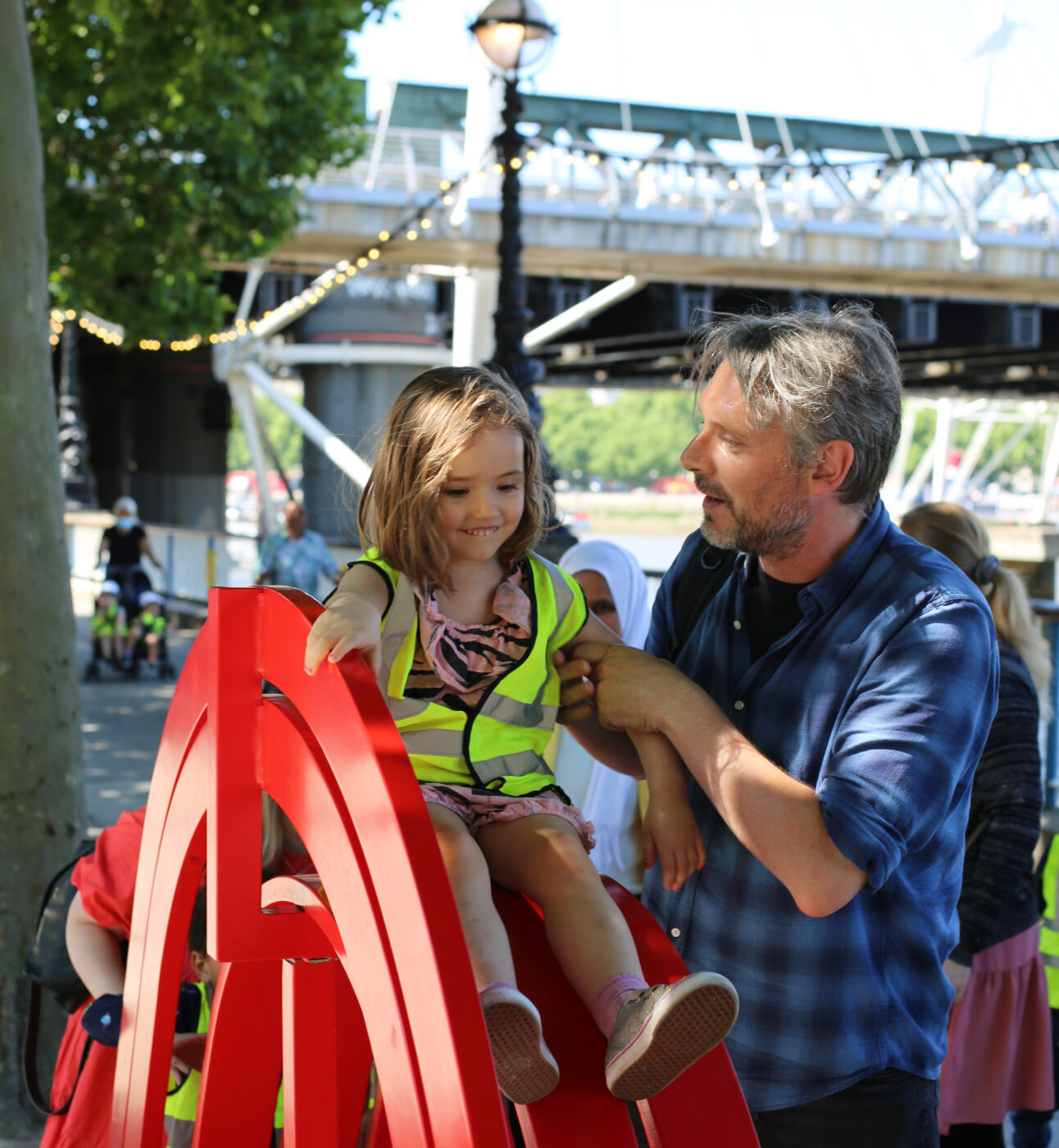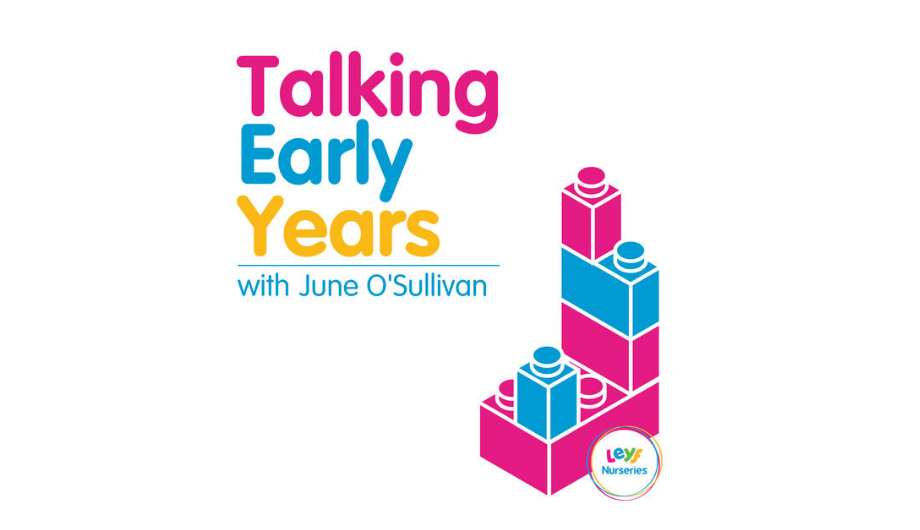
Talking Early Years: Why are Men in Childcare such a rare species?
Ordinary People Doing Extraordinary Things Podcast Series For International Men’s Day on the 19th November 2012, I invited as many men as I could find…
October 20th 2020
I have long been writing about cultural capital in the Early Years, with mixed and sometimes bemused responses. Now that Ofsted has introduced cultural capital into the new inspection framework it has garnered some renewed interest. Cultural capital is described by Ofsted as the essential knowledge that children need to prepare them for their future success.
But what does that mean? In, 2010, I started to investigate how I could put cultural capital at the core of the LEYF learning approach. Our social enterprise model is designed to address child poverty by giving children from disadvantaged backgrounds access to the best early education possible, but change depends not just on the business model but on a pedagogy built on cultural and social capital.
In the 1960s, Pierre Bourdieu described the three powerful sources of capital as economic, cultural and social capital otherwise known as social mobility. But to succeed, you must figure out what these sources of cultural capital look like and why it’s so important to access it as it influences long term economic, social and educational success.
The importance of language struck me as a powerful leverage for cultural capital, not least the enormous advantage children have in the education system when they can operate within both within a formal language code rather than being restricted to informal language code. What that looks like at the beginning of a child’s development is low level and limited vocabulary and poor management of grammar which then limits children which reduces their expression of analytical and abstract ideas and arguments. Reading is also vital to helping us transmit content, vocabulary and styles of expression which helps develop linguistic fluency, a fundamental skill and one that is well rewarded in school. The importance of oracy and being able to debate and discuss is not to be under-estimated as it helps build confidence. This is noticeable among our apprentices where oracy is central to our curriculum especially among those who have come with a chequered school history. Therefore, broadening children’s language horizons and supportive contextual experiences which extends them, broadens their vocabulary and this will benefit them now and in the future.
The second powerful “capital” often linked to cultural is social capital which are the networks and communities’ connections that open doors for children. Social capital is not only about knowing the right people but it’s about knowing that those right people even exist. It’s about having the confidence to challenge the system colloquially known as “playing the system”!
I recently read Hashi Mohamed’s book where he talks about both cultural and social capital as the means by which he could move out of poverty and into an established position as a barrister. He recognised the early years as crucial to building children’s cultural and social capital ; increasing chances of social mobility. He, like me, links it to ambition and language codes built on a shared view that every child matters and therefore we must give every child a chance to develop their potential. Howard Gardner sums up cultural capital and cultural entitlement with the beautiful phrase that every child has a spark inside him and it’s our responsibility to ignite that spark.
I have been challenged about my views on cultural capital, especially my insistence that children learn how to speak grammatically correctly and understand “old fashioned” habits such as table manners. Apparently, I should be kicking against the system. But here’s the thing, that criticism usually came from people who have inherited that very prized cultural capital and have used it to secure a successful position for themselves and their nearest and dearest. Its easy to talk about kicking against a system that is your cosy blanket, try fighting the “status quo” as an outsider especially one lacking social and cultural capital!
So, conversations about cultural capital can be strong, spirited and touchy and my conversation with Helen Moylett is definitely all three. Listen here.

Ordinary People Doing Extraordinary Things Podcast Series For International Men’s Day on the 19th November 2012, I invited as many men as I could find…

I kicked off this year’s podcast chatting to the well-informed Krupesh Hirani, London Assembly Member for Brent and Chair of the London Assembly Health Committee and the Health…

I recently recorded a podcast with Dr Linda Greenwall – founder of the Dental Wellness Trust which supports schools and nurseries to get children brushing their teeth.